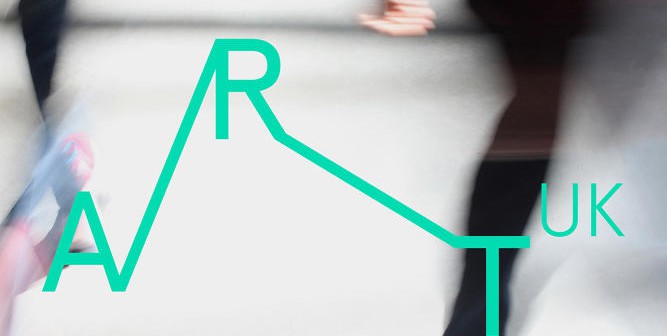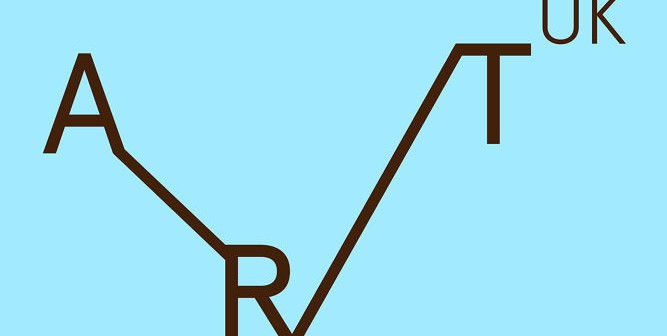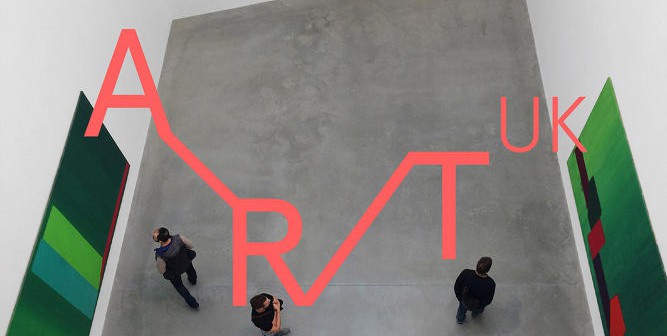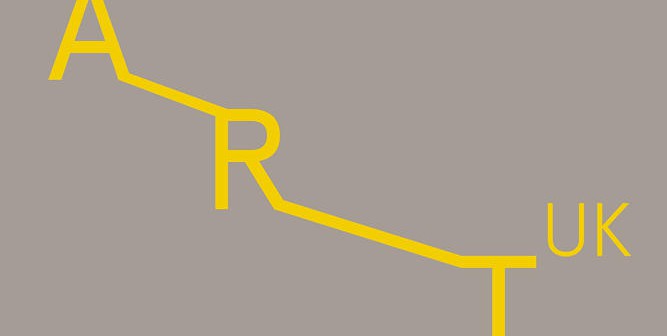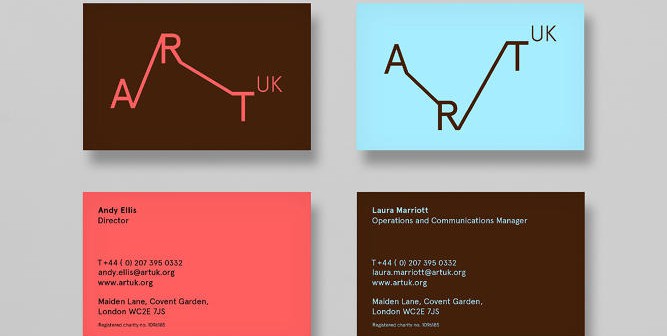For the charity Art UK, Pentagram constructed a flexible logo without the costly motion.
Dynamic logos are all the rage nowadays, and for good reason: In a multimedia world, a logo needs to look good in print as well as on video, as a GIF, and as part of a viral social media strategy. But it takes a lot of work to develop a moving logo, and it’s expensive—you’re essentially talking about a coded computer program.
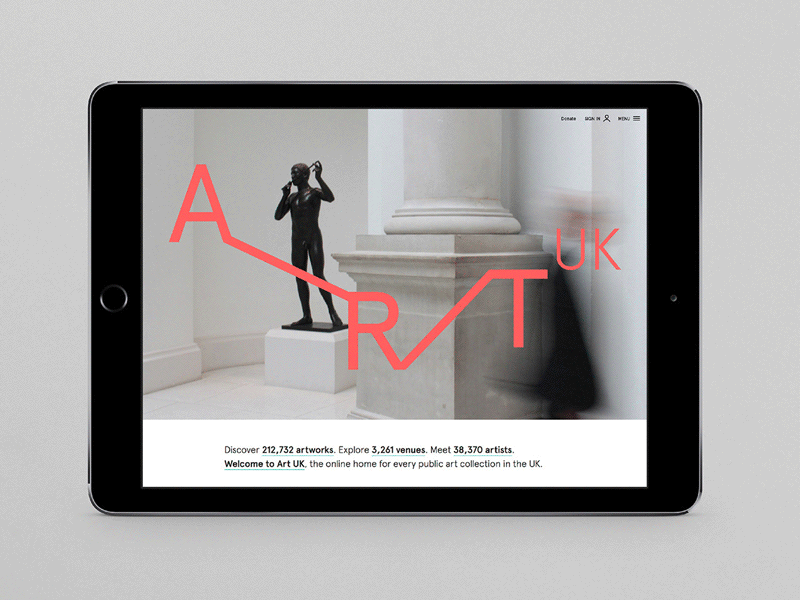
So when the European charity Art UK—an online network of every public piece of art in Britain—approached Pentagram for a new look, the decision makers told partner Marina Willer that they had neither the budget nor the patience for one of those living brands.
In response, Willer’s team generated what you see here. The letters of Art UK are depicted as a literal, interconnected network, and as you see over the course of various iterations, a few simple changes to the angles between each letter create what appears to be a completely rearrangeable brand. It’s an effect that’s meant to mirror the way users can curate their own experience of art on the site. But rather than actually animating the logo, Pentagram just produced several versions of Art UK that looked good and passed them along.
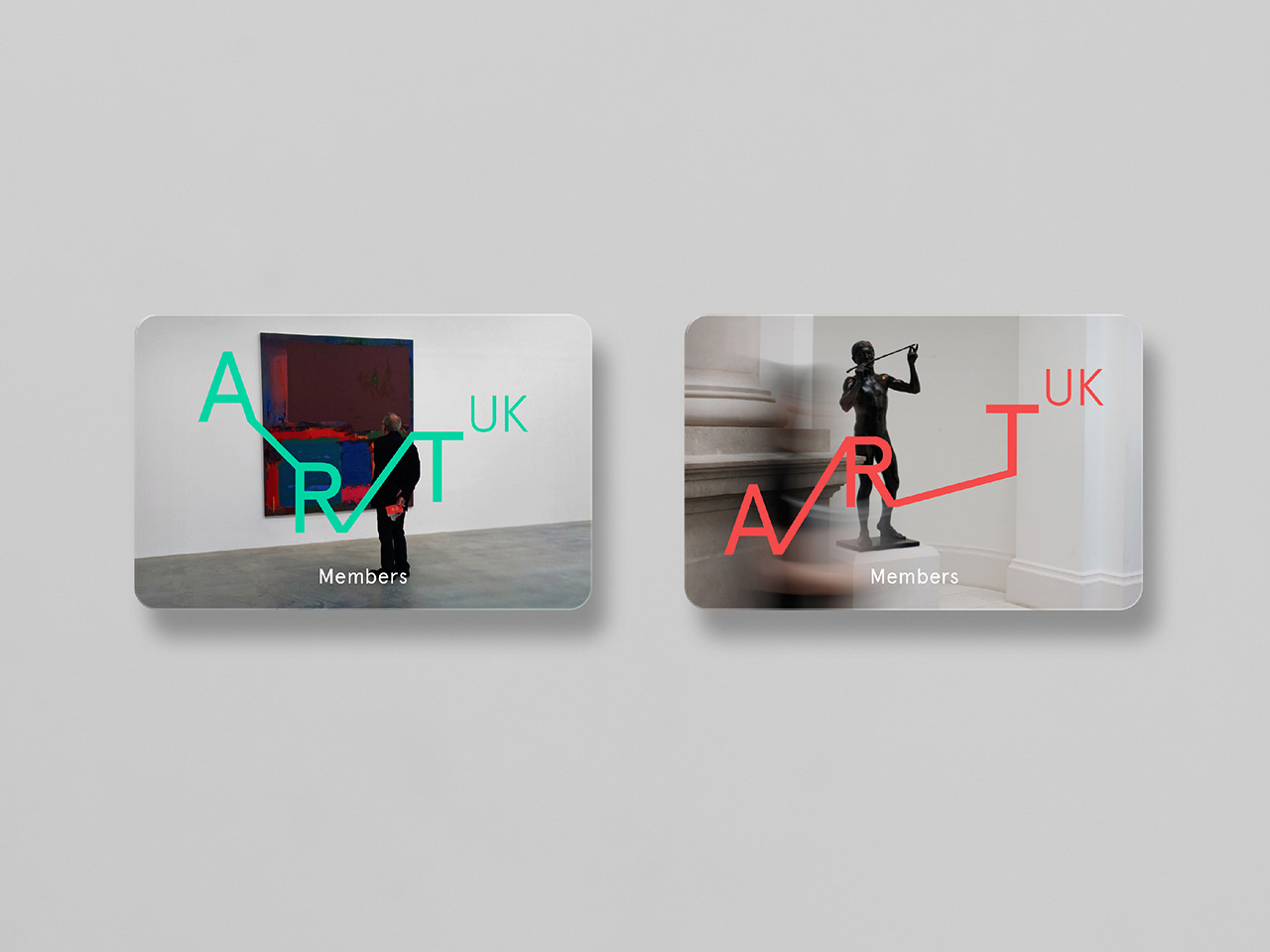
“They want to make things as basic as they can because they don’t have the resource to spend, and they also don’t want to have any unnecessary [visual]distractions,” Willer says. “The movement is indicated there in any case.”
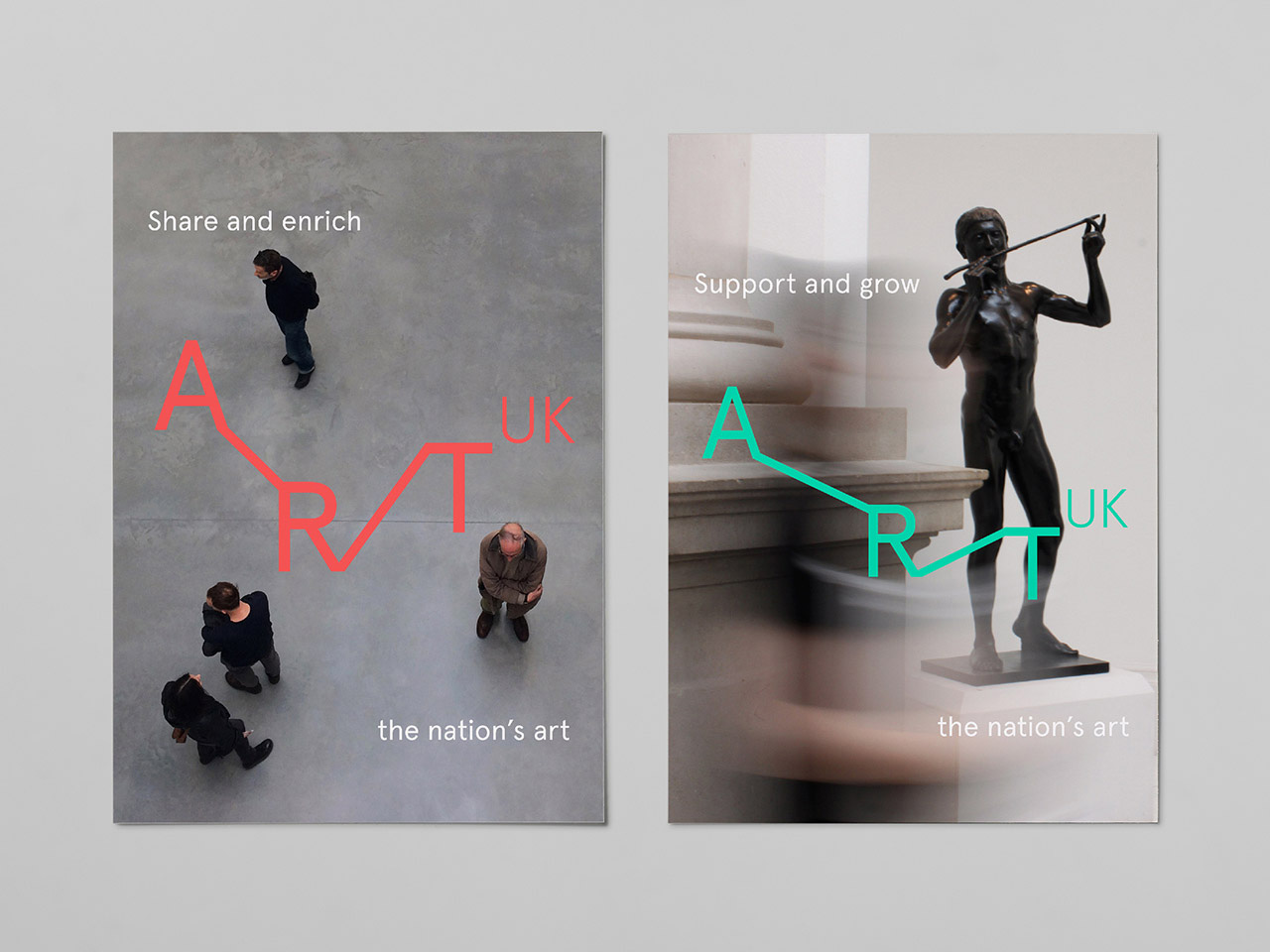
And in this regard, Pentagram’s low-tech approach to an animated logo seems borderline subversive. Rather than building a logo that could be rendered a million different ways to work in a million different contexts, they built a few logos that could serve Art UK pretty well in most contexts.
“We’d ideally like to code [the logo]so it could react to different conditions,” Willer says, explaining that Pentagram could create a gridded visual logic so the logo always looks good. “They don’t want to have that yet because they’re quite scared of the diversity. So we ended up giving them a set.”
All Images: via Pentagram

